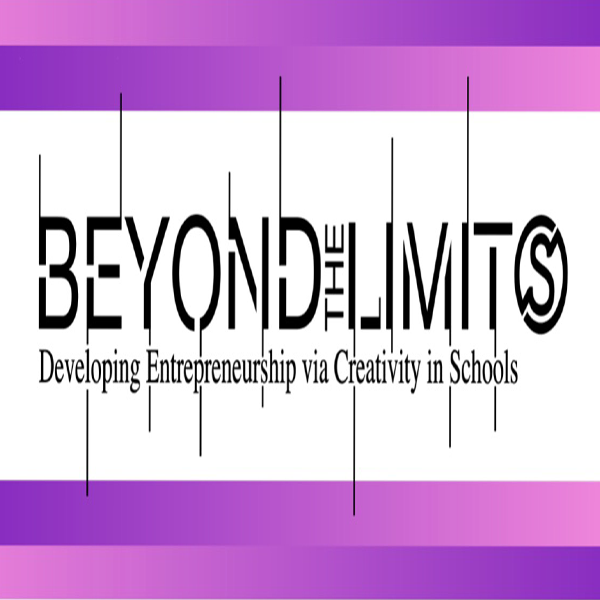He: Promoting and rewarding excellence in teaching and skills development
If relevant, please select up to two additional priorities according to the objectives of your project.
Horizontal: Supporting individuals in acquiring and developing basic skills and key competences
Youth: Promoting entrepreneurship education and social entrepreneurship activities among young people

You can find and review the summary information about the activities carried out within the scope of our project in the language of all partners from the following links :
Description
Entrepreneurship can be defined as the process of creating value for business and social communities by bringing together unique combinations of public and private resources to exploit economic, social, or cultural opportunities in an environment of change. Entrepreneurship education seeks to provide students with the knowledge, skills, and motivation to encourage entrepreneurial success in a variety of settings. Creativity is defined as the tendency to generate or recognize ideas, alternatives, or possibilities that may be useful in solving problems, communicating with others, and entertaining ourselves and others. Creativity is a matter of ability. The learner's creative potential must be encouraged. Entrepreneur is the driver of creativity. Creative thinkers are like good investors into their life and future. Entrepreneurship education seeks to provide students with the knowledge, skills, and motivation to encourage entrepreneurial success in a variety of settings. The main objective of the project is to develop entrepreneurship skills using creativity in education. To achieve this aim, the project activities will be developing ICT-based educational materials and an entrepreneurship curriculum, organizing IP programs for students and teacher training programs for teachers and principals, carrying out a research to determine the level of entrepreneurship skills of the students, publishing a book, maintaining an online education system, making movies about project activities, and organizing international conference.
The project which is very innovative in its nature with the emphasis of the creative practices will contribute to academic literature and develop a lecture curriculum for entrepreneurship in higher education. Methodologically, creativity in entrepreneurship has been explained through cognitive processes, attitudes motivation, existing knowledge, work environment and personality traits. By providing rich and varied contexts for pupils to acquire, develop and apply a broad range of knowledge, understanding and skills, the curriculum should enable students to think creatively and critically, to solve problems and to make a difference for the better. It should give them the opportunity to become social, creative, innovative, enterprising, and capable of leadership to equip them for their future lives as workers and citizens.
So, in this project, the project partnership will especially concentrate on how entrepreneurship in education can be developed using creativity for all students and shareholders of education and training community and academicians as well. The target groups of the project will be all of the shareholders of education and training process like university students, teachers, teacher trainers, school principals, educational leaders and academicians. Main activities of the program will include the academic research about student’s entrepreneurship skills level, IP program for students (lectures, workshops, case studies of best practices), curriculum development about entrepreneurship lessons from high school to undergraduate and master levels, ICT materials by project participants, international conference, and workshops of study groups. All participants will be awarded attendance certificate and students will have 6 (six) ECTS credits and YouthPass from each IP program. Moreover, an international conference will be organized to develop consciousness among academicians and all papers will be published to increase academic literature as well. In addition, in the end of the IP program in Sakarya, an international conference about entrepreneurship in education will be organized, each partner will have a chance to bring an academician from their country and 5 (five) of them will be as keynote speaker in the conference and all conference papers will be published as e-proceeding book via Beyondthelimits web site. Furthermore, a teacher training program for teachers and principals will be organized to increase dissemination and multiplify effect of the project. All project activities will be shared with local media organs as news via web sites and habersau web portal and social media tools. Moreover, a book will be published as e-version and as a hard copy. Project activities will be disseminated via university web pages and local media in all partner countries. At the end of the academic presentation of IP program, the outputs of academic studies will be combined and will be published by each project partner. International conferences will be held in Italy and Portugal.



